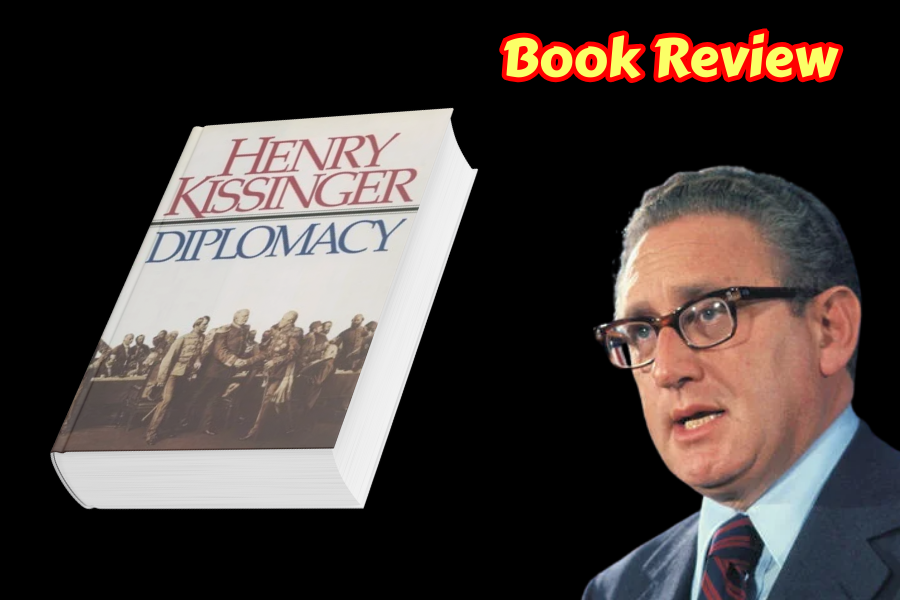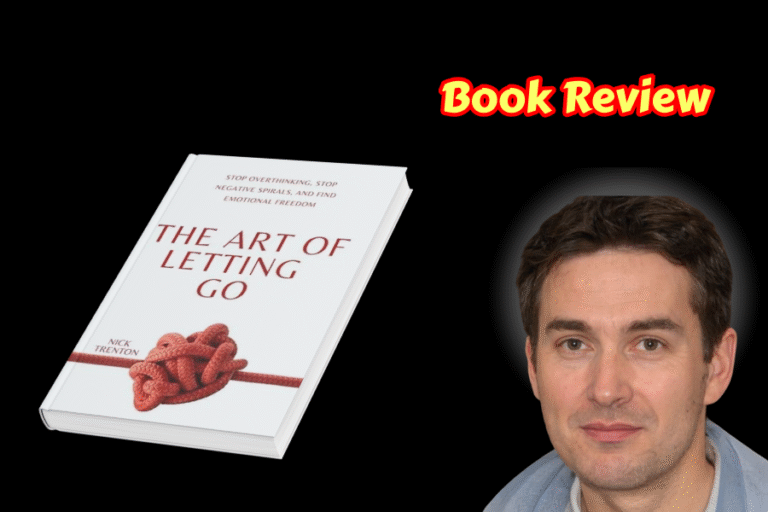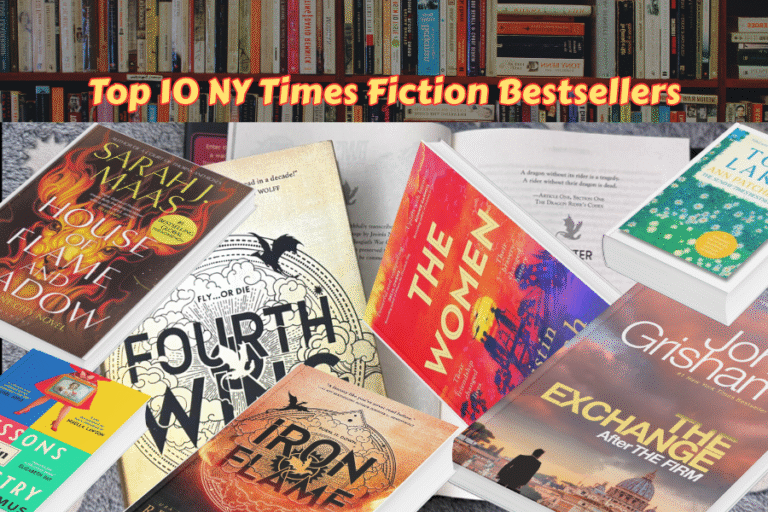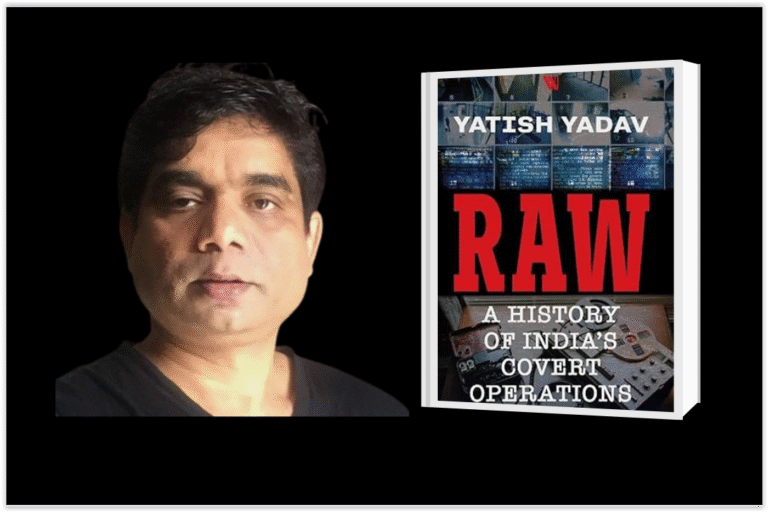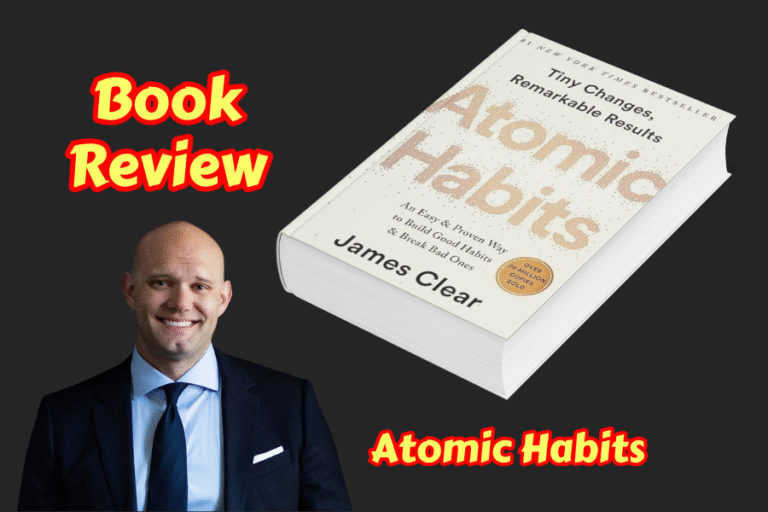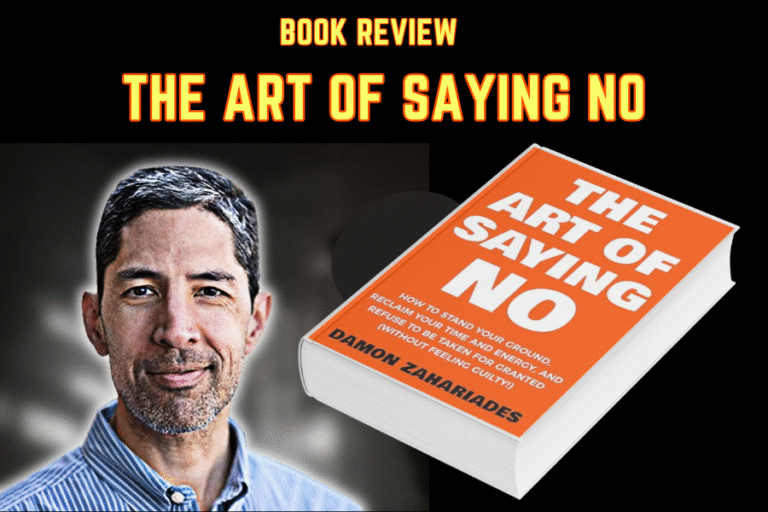(By Quratulain Khalid)
Three decades on, Kissinger’s magnum opus remains an essential, if unapologetically self-serving, guide to the brutal logic of world affairs.
Few intellectual arenas are as fraught with tension as the study of international relations, torn between what the world ought to be and what it starkly is. No single volume has captured this enduring conflict with more authority and sweeping historical scope than Henry Kissinger’s 1994 masterpiece, Diplomacy. Written after his tumultuous tenure as National Security Advisor and Secretary of State, the book is the capstone work of a man who was not merely a student of history, but one of its most formidable and controversial architects. In Diplomacy, Kissinger marshals his immense erudition to argue that a stable world order is forged not by moral idealism, but by a clearsighted, often ruthless, balance of power—a worldview that is as instructive today as it is a justification for his own legacy.
At its core, the book presents a grand duel between two rival philosophies of foreign policy. On one side stands the European tradition of Realpolitik, or the “balance of power.” Masterfully tracing its origins from Cardinal Richelieu’s 17th-century France to the intricate statecraft of Metternich and Bismarck, Kissinger defines this as a system where stability is the ultimate prize, and the national interest is the only reliable compass. In this amoral arena, alliances are fluid, power is the final arbiter, and the goal is not a permanent peace but a sustainable equilibrium among great powers.
On the other side is American “Wilsonian” idealism. Kissinger argues that the United States, shaped by its unique geography and democratic origins, has approached foreign policy as a moral crusade. For American leaders, from Woodrow Wilson to Jimmy Carter, the goal has been to replace the cynical game of power politics with a universal system of international law, collective security, and democratic values. Kissinger portrays this idealism as both America’s greatest source of strength and its most profound strategic weakness—a noble impulse that too often blinds it to the harsh realities of global competition.
The undeniable strength of Diplomacy lies in its magisterial scope and the practitioner’s insight that animates every page. The narrative is a panoramic sweep across four centuries, connecting the wars of Louis XIV to the Cold War with a breathtaking, if sometimes audacious, clarity. This is not a detached academic history; it is a narrative infused with the weight of experience. When Kissinger analyzes Bismarck’s complex web of alliances or the pressures facing the British Empire, he does so with the tacit understanding of someone who has personally negotiated with world leaders in high-stakes situations. His accounts of Nixon’s opening to China or the intricacies of détente with the Soviet Union are part history, part personal testimony, granting the reader a rare glimpse into the calculus of statecraft at the highest level.
However, the book’s greatest strength is also the source of its principal weaknesses. The narrative is unmistakably teleological, presenting a version of history that seems to culminate, almost inevitably, in the strategic triumphs of the Nixon-Kissinger era. It is difficult to read Diplomacy without seeing it as an intellectual framework built to vindicate its author’s own actions. Critical events and figures are often viewed through a prism that flatters Kissinger’s own brand of realism, while alternative interpretations are given short shrift.
Furthermore, reading Diplomacy in 2025 reveals its inevitable blind spots. Published in the optimistic afterglow of the Cold War, the book is a product of its time. Its state-centric model, focused on the maneuverings of great powers like the US, Russia, and China, is less equipped to explain a world now profoundly shaped by non-state actors, global pandemics, cyber warfare, and climate change. The “balance of power” feels like an incomplete tool for confronting threats that respect no borders and cannot be deterred by traditional military force.
Finally, the book forces the reader to confront the uncomfortable moral questions that shadow Kissinger’s entire career. In his framework, morality and human rights are not foundational principles but are often treated as variables to be managed in the service of geopolitical stability. While he argues this pragmatism is necessary to avert greater catastrophes, many will find this cold calculus unsettling, leaving little room for the ethical considerations that ought to govern the affairs of nations.
In conclusion, Henry Kissinger’s Diplomacy remains an indispensable and monumental work. It is a powerful education in the logic of power and the patterns of history that continue to shape our world. While its perspective is unabashedly elitist and its conclusions are colored by the author’s own legacy, its central thesis is more relevant than ever. For any student of history, aspiring diplomat, or citizen seeking to understand the forces that drive global headlines, Diplomacy is required reading. To understand the 21st century, one must still grapple with the world Kissinger describes—a world of power, interest, and enduring, uncomfortable truths.

